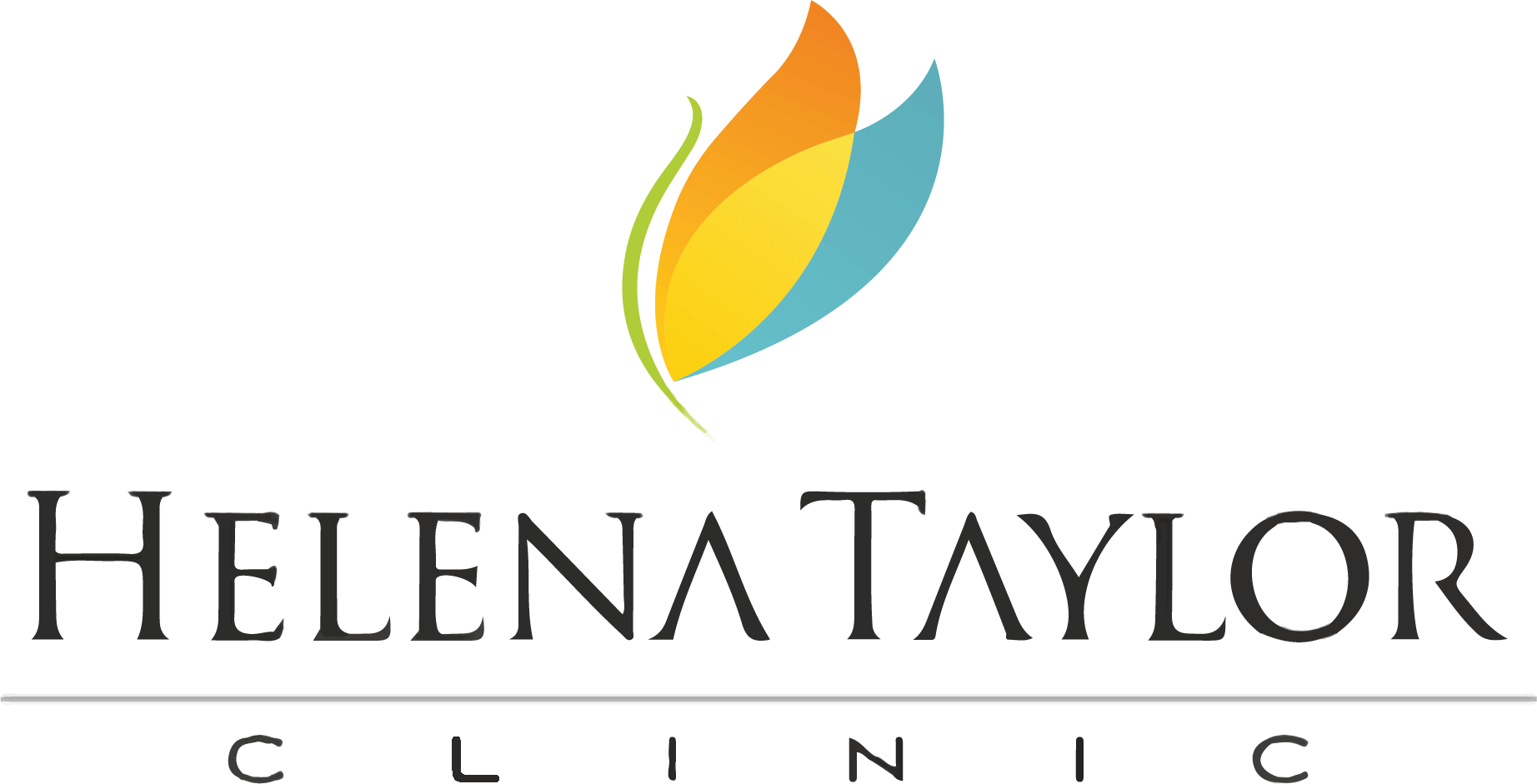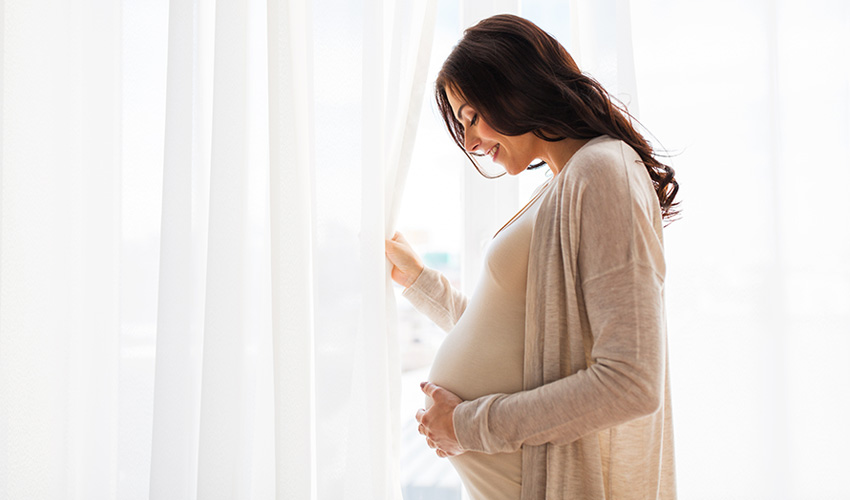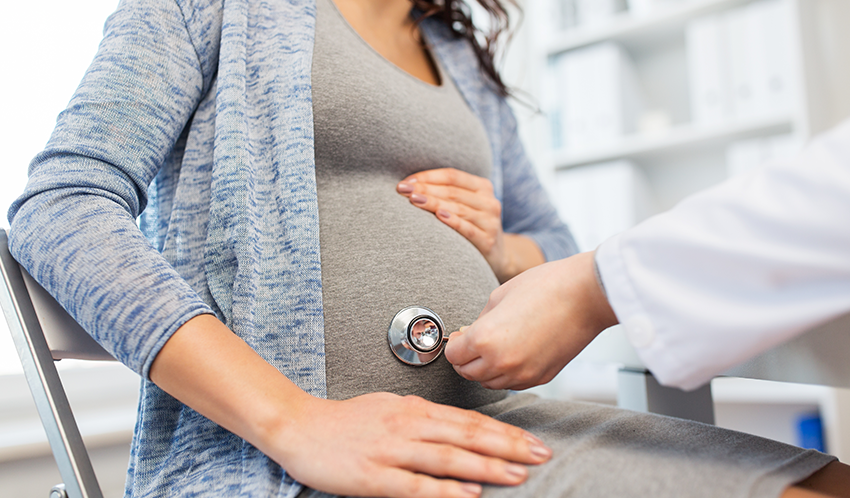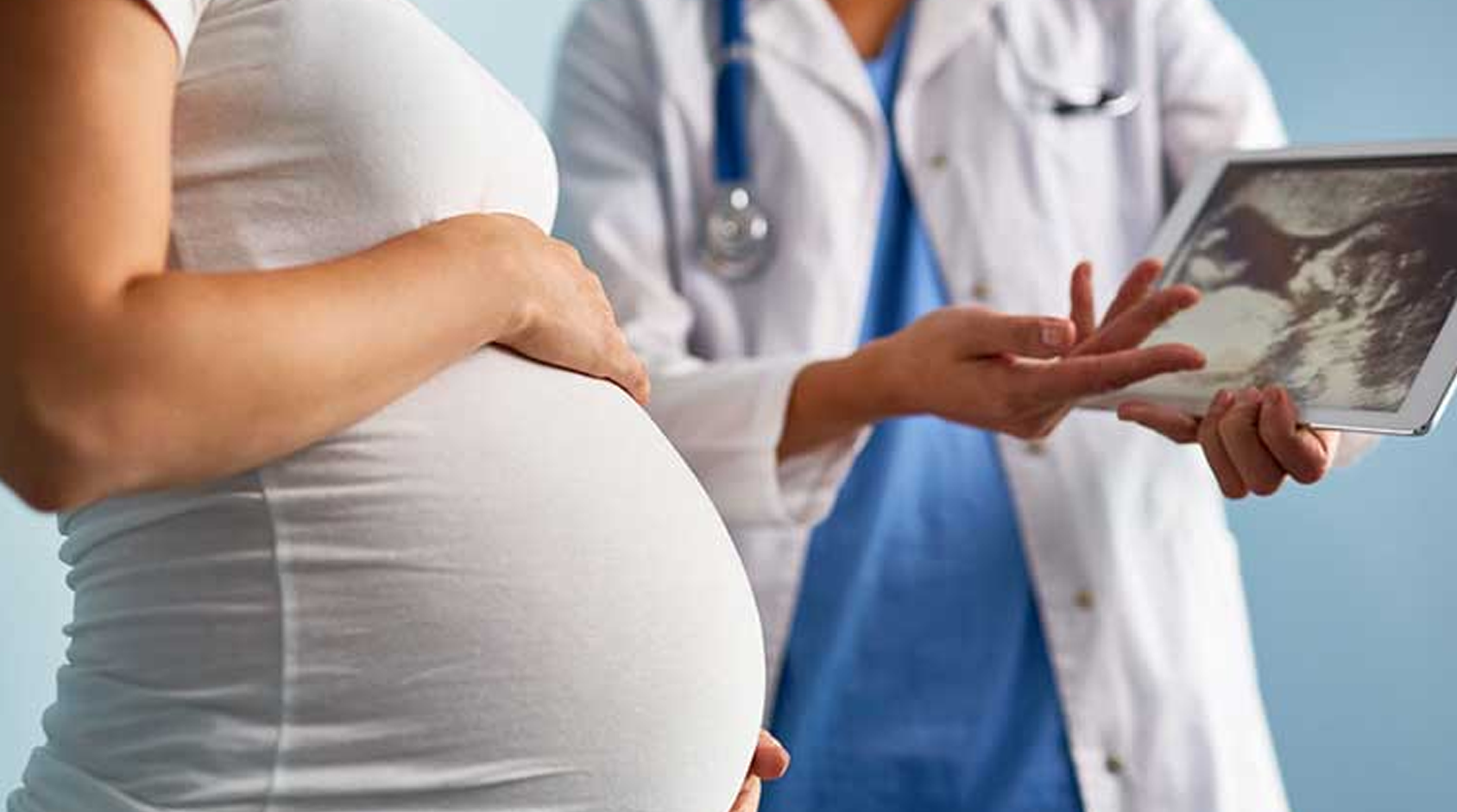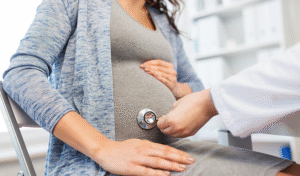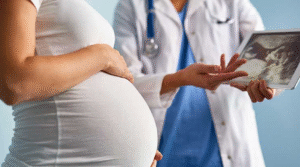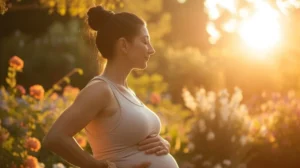As a healthcare professional, I’m often asked:
“Is it safe to get vaccinated during pregnancy?”
Last month, one of my healthy patients gave birth to a full-term baby girl only for her little one to be admitted to the NICU with RSV for a full week. It was a difficult and emotional experience for everyone involved and a strong reminder of how serious RSV can be, even in otherwise low-risk pregnancies.
With RSV season approaching this September, now is the time to talk about one of the newest maternal vaccines we have: the RSV (Respiratory Syncytial Virus) vaccine.
What Is RSV and Why Should Expecting Parents Care?
RSV is one of the most common respiratory viruses in young children, especially infants. It’s a leading cause of hospital admissions for babies under one year and can range from a mild cold to severe respiratory distress.
According to the CDC, RSV causes nearly 80,000 hospitalizations and over 300 deaths annually in children under five in the U.S. While data from the Middle East and Europe are still emerging, RSV’s burden on families is global.
A New Addition to Maternal Vaccines
The RSV vaccine ABRYSVO®️ is now approved and recommended between 32 and 36 weeks of pregnancy.
Much like the pertussis (whooping cough) vaccine, this is a maternal vaccine that offers passive immunity meaning protective antibodies are passed from mother to baby before birth, offering early defense during the newborn’s most vulnerable weeks.
Is the RSV Vaccine Safe During Pregnancy?
Initial trials showed ABRYSVO®️ was effective in preventing RSV in infants. However, a slightly higher rate of preterm births was observed in vaccinated mothers. While this difference was not statistically significant, it naturally raised concern.
Understandably, when it comes to anything involving pregnancy and newborns, safety is non-negotiable.
What the Latest Real-World Research Tells Us
To explore the preterm birth concern further, Dr. Son and colleagues conducted a large real-world study comparing outcomes in 1,026 vaccinated and 1,947 unvaccinated pregnant individuals.
Here’s what they found:
Preterm birth occurred in 5.9% of vaccinated vs. 6.7% of unvaccinated no significant difference.
Rates of stillbirth, NICU admission, low birthweight, jaundice, neonatal infections, and maternal hypertension were similar in both groups.
Bottom line: No new safety concerns emerged in real-world use.
Why This Matters for You and Your Baby
These results are reassuring. They confirm that the RSV vaccine is safe when given in late pregnancy, and it provides a powerful shield for babies during their early weeks of life.
With RSV season around the corner, protecting your newborn before birth is a proactive step you can take one backed by growing research and evolving global guidelines.
We’re Here to Help You Decide
- It’s normal to have questions about any vaccine in pregnancy especially new ones.
- Our role is to walk with you through those questions with science, empathy, and experience.
- If you’re between 32–36 weeks pregnant and considering the RSV vaccine, book a consultation with us today. Let’s talk through it clearly, calmly, and without pressure.
FAQs About the RSV Vaccine in Pregnancy
Q: When should I get the RSV vaccine during pregnancy?
A: The recommended window is between 32 and 36 weeks of gestation, ideally before RSV season begins.
Q: Is the RSV vaccine safe for my baby?
A: Yes. Real-world studies show no increase in preterm birth or complications in vaccinated mothers compared to unvaccinated ones.
